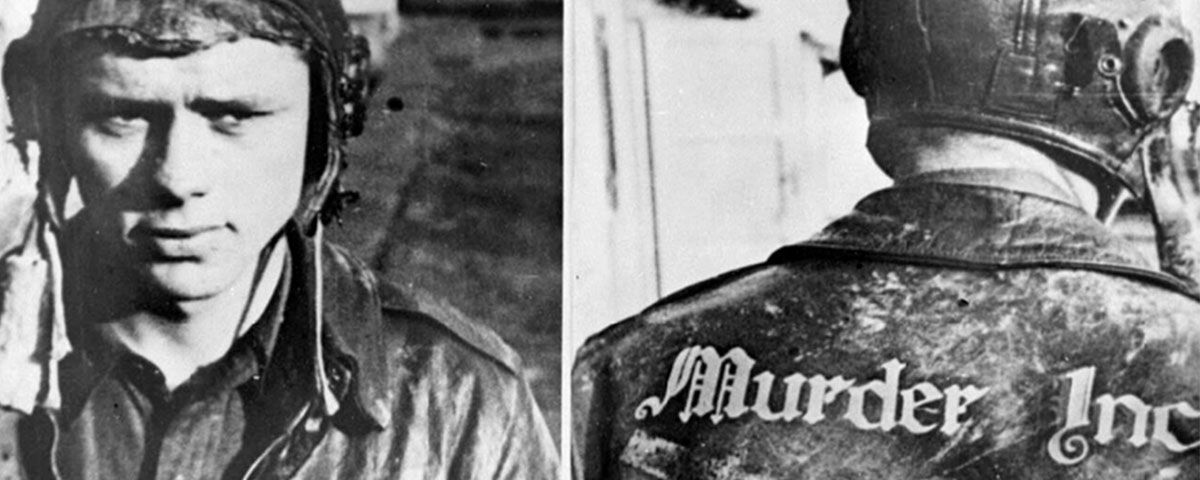
Sponsored by governments but ferried by a private company, astronauts from Hungary, India and Poland are going to the space station for the first time.

A roaring Falcon 9 rocket propelled four people toward the International Space Station on Wednesday morning, including astronauts from Hungary, India and Poland — three countries that have never sent anyone to the orbiting laboratory before.
It is the fourth mission chartered by Axiom Space, a Houston company that has been at the forefront of an emerging era in government-sponsored space travel. The company allows countries to purchase rides — like airline tickets, but much more expensive — rather than build their own rockets.
It is a useful service for countries that do not have a space program, but it can also be helpful to those that do. Capt. Shubhanshu Shukla, the Indian astronaut who is the pilot and group captain for Axiom’s fourth mission, aims to use his experience on this trip to help India become the fourth country to independently launch people into space.
Two other customers on this mission, known as Axiom-4, are working as mission specialists: Slawosz Uznanski-Wisniewski, a scientist and engineer from Poland who has worked at the European Organization for Nuclear Research, or CERN, in Geneva, and Tibor Kapu, a mechanical engineer from Hungary. Each man’s country is sponsoring his flight.
The mission commander, Peggy Whitson, who is from the United States and retired from NASA, has served as the I.S.S. commander two times and was the first woman to take on that role. She is Axiom’s director of human spaceflight, and she also led the company’s second mission to the International Space Station in 2023.
After a journey in the same Crew Dragon capsule built by Elon Musk’s SpaceX that carries NASA astronauts to orbit, the Axiom crew is scheduled to arrive at the space station on Thursday morning. Once there, they are expected to stay for about two weeks. They will conduct research for dozens of scientific studies on behalf of 31 nations, including not only the astronauts’ home countries but also Saudi Arabia, Brazil, Nigeria and others.
The Axiom mission will be the second human spaceflight for an astronaut from India. The first was in 1984, when Rakesh Sharma made his way to space on a Soviet spacecraft.
While Captain Shukla is not the first Indian astronaut, his trip to orbit is an important step in his country’s pursuit of a new era in spaceflight. Gaganyaan, a national program that could launch a crewed mission as early as 2027, would make India the fourth country to independently launch people into space, after the Soviet Union (later Russia), the United States and China.
India has already mounted a Mars orbiter mission and has successfully landed a robotic spacecraft in the moon’s southern polar region.
Human spaceflight is the country’s next frontier. The Gaganyaan program has faced delays and could conduct its first uncrewed test flight this year. Last year, the company announced that four astronauts were training to participate in the first mission with people aboard.
Captain Shukla, 39, a test pilot for the Indian Air Force, was one of them. And his experience with Axiom, including adapting to microgravity and practicing spaceflight operations, launch protocols and emergency preparedness, will inform his work on the Indian program.
India’s Department of Space has said in a statement that the astronaut’s Axiom journey “is more than just a flight — it’s a signal that India is stepping boldly into a new era of space exploration.”
While the country’s space program has been active since the 1960s, it has steadily advanced homegrown technologies for getting to orbit and beyond.
For any country to call itself a space-faring nation, said B.R. Guruprasad, a science writer and former assistant director of the Indian Space Research Organization, it must have “end-to-end capabilities,” which he defined as the ability to design, develop, test, build and launch spacecraft, as well as manage them in orbit.
“India has excelled in all these domains,” he added, with human spaceflight being the next one.
Captain Shukla said in an Axiom video that he had looked up to Mr. Sharma for much of his life. Now, he added, “it is my sincere endeavor, through my mission, to inspire an entire generation back home.”
In Lucknow, where Captain Shukla is from, students have been visiting his family’s home and taking selfies with posters that adorn the city, according to his sister, Suchi Mishra, 43. “He is a celebrity here,” she said.
Axiom has been sending paying customers for stays of about two weeks at the International Space Station since 2022, and it has catered to wealthy space tourists in the past. But this mission, like the last one, was focused on ferrying trained astronauts into space.
The United States government has been increasingly amenable to the incursion of private enterprise. In 2019, NASA opened up its part of the space station to visitors, a reversal from earlier policies.
Axiom has also been helping to make new spacesuits for NASA, which led to a collaboration with Prada last year in preparation for a moon landing during the Artemis III mission, no earlier than 2027.
The company has made plans to develop its own space station, too. The I.S.S. is set to be retired as soon as 2030, and Axiom is one of a group of potential commercial outposts in orbit that could take the station’s place.










-3.png)



